Boris Johnson is the kind of prime minister who believes that rules are there to be broken. This certainly seems to apply to his relations with the Crown. Conversation between the government and the monarchy is, by convention, kept strictly confidential. But when Prince Charles privately described the government’s Rwanda deportation policy as ‘appalling’ within political earshot, word leaked out suspiciously quickly – via Westminster channels. Johnson then chose to fuel the story at the Commonwealth summit in Kigali by telling broadcasters that Charles should keep ‘an open mind’.
Given that the Prince was standing in for the Queen as head of the Commonwealth, it was remarkable to have the Prime Minister revealing in advance what he planned to say to the acting sovereign – especially given that it was critical. It seems that the Prince, unlike his mother, has been deemed fair game in political circles. Courtiers of Clarence House fear their patron being dragged into politics; Westminster types counter that a meddlesome royal doesn’t know his place. It’s not just that the stage is set for a clash between monarchy and government: that clash has already begun.
The Prince and the Prime Minister ought to see eye to eye. Both are committed environmentalists and Charles helped spearhead the British government’s efforts at COP26 last year. They share a mentor in the late Sir Eric Anderson, who taught Charles and Boris at Gordonstoun and Eton respectively. Both men also spent time during their adolescence at Geelong Grammar School’s Timbertop campus in Australia. It’s noticeable, too, how little the Prince of Wales featured in Johnson’s Daily Telegraph columns.
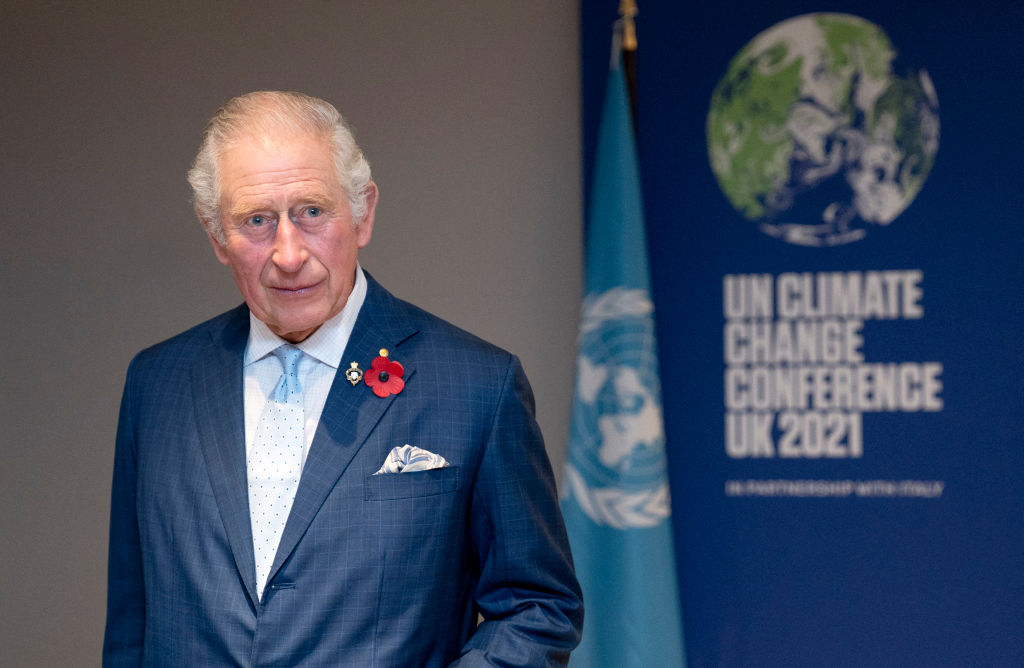
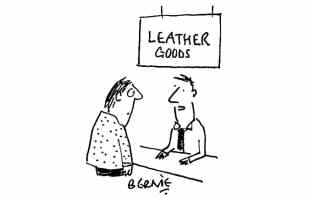
Each was raised thinking they were born to rule: Boris saw himself as an upwardly mobile ‘world king’, Charles as the actual king. One is an unconventional premier, the other an outspoken royal. Neither man is famed for feeling bound by the rules of marital fidelity. Both, though, ended up marrying their mistresses, who have since become friends with each other, as we saw this week. But it’s perhaps that shared self-belief in their exceptionalism and their own destiny – as well as their background – which causes the two men to clash now.
The Queen maintains her regular engagements with the Prime Minister but otherwise keeps a safe distance from politics. Charles is the opposite. He regularly summons Johnson’s ministers for meetings, which often take place at Dumfries House in Scotland. The recent renovation of the building has been one of Prince Charles’s projects. The Queen is understood to take a dim view of the building works, asking how many estates a royal really needs. But Charles is thought to regard himself as a Jackie Onassis figure, rescuing and restoring grand houses for the national benefit.
It’s perhaps a shared self-belief in their own exceptionalism which causes the two men to clash
Like the refurbishment of No. 10, such projects can be expensive. This perhaps explains what led Prince Charles and his bankers into a situation where they accepted €1 million in suitcases from visiting Arabs. ‘It’s astonishing,’ says one cabinet member of last weekend’s revelations. ‘A politician who had behaved in that way would have to resign.’ The PM, along with certain members of his cabinet, seems to feel that if Charles wants to play at politics, he should observe the same boundaries, particularly when it comes to cash.
But Charles has even more of a loyal political tribe around him than Johnson. While the Prime Minister would struggle to count any politicians among his close personal friends, Charles has many: mostly sworn enemies of Johnson. One is Rory Stewart, the former Tory minister who tutored Princes Harry and William. Both Stewart and his wife have served as chief executive of the Turquoise Mountain Foundation, a charity launched by the Prince to support the Afghanistan craft industry. Then there’s Sir Nicholas Soames, a close friend, confidante and former equerry to the Prince of Wales. Johnson removed the Conservative whip from him during the Brexit wars. The prorogation of parliament in 2019 is understood to have irked Charles more than it did the Queen.
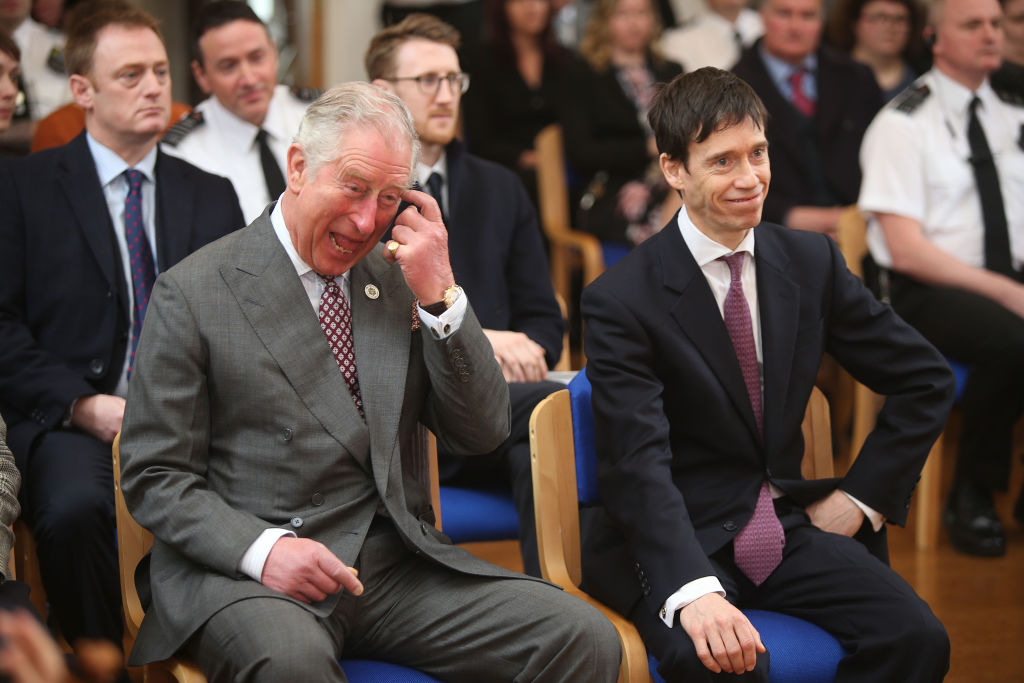
Since then, there have also been claims of a split between Clarence House and No. 10 on the viability of a new royal yacht: Charles is said to be indifferent towards the proposal, which Johnson has enthusiastically championed. Conversely, the Prince’s romantic enthusiasm for the Commonwealth is not entirely shared by Johnson. He once wrote that ‘the Queen has come to love the Commonwealth, partly because it supplies her with regularly cheering crowds of flag-waving piccaninnies’.
Prior to Boris’s premiership, there were also clashes at City Hall over planning decisions. As mayor, Johnson championed developers, having previously urged that they be free to build anything. He was also disdainful of the pastiche classical buildings designed by architects like Quinlan Terry, whose style is greatly admired by Charles. He ignored the Prince’s opposition to the 180m-high Gherkin in the City and suggested his concerns about refusing more tower blocks were ‘absolutely crazy’.
The two men similarly disagree on genetically modified foods: the Prince is publicly opposed to them, while Johnson wants to ‘liberate’ Britain from rules restricting their use. As one minister puts it: ‘Boris has more sympathy with risk takers and wealth creators. Not everyone is born into an extremely well-paying job.’ Another suggests Charles is as keen to indulge in ‘cakeism’ as the PM himself: exercising political influence but without the accountability to accompany it.
As well as their political differences, there are personal gripes too. The Prince prizes punctuality and protocol: his premier famously does not. In his first meeting with Charles as mayor, Johnson arrived more than half an hour late. He was drenched in sweat after accidentally boarding the wrong Tube before being mobbed by a group of middle-aged Chinese women. More recently, a visit to the Prince’s home at Balmoral in 2019 prompted courtiers to accuse Johnson of ‘disrespectful’ behaviour. The ‘distracted’ Prime Minister is said to have arrived in a ‘shambolic state’ with his partner Carrie and was ‘clearly not focused’ on the meeting in hand. For his part, Johnson delights in irreverence and has little truck for the kind of establishment niceties which mean so much to Charles. One ally familiar with his thinking suggests that ‘while Boris obviously has huge admiration for the Queen, he seems to regard Charles as a sort of royal version of John Major’ – fussy, wet and meddling.
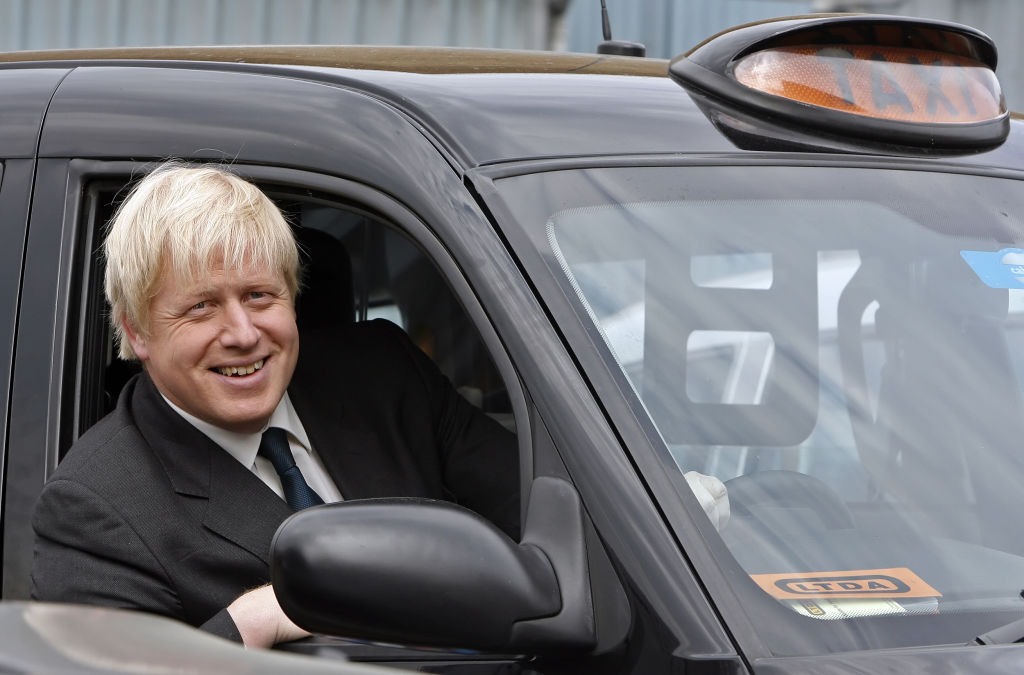
One account has Johnson early into his term of office being asked by the BBC to record a eulogy to the Prince of Wales in the unlikely event of his death. Instead of sticking to the agreed Downing Street script, Johnson could not help making fun of the heir to the throne: ‘I liked his Duchy Originals biscuits, and we must all hope he hasn’t taken the secret recipe with him to the grave.’
It hasn’t escaped notice in royal circles, too, that there is also an unfortunate tendency for those who become embroiled with the PM to emerge as diminished figures. Simon Case, Prince William’s former right-hand man, and Lord Geidt, who spent a decade as the Queen’s Private Secretary, are obvious examples. Charles himself is said to have feared becoming ‘collateral damage’ last year in a Tory cash-for-access row involving Ben Elliot, the Duchess of Cornwall’s nephew and Conservative party co-chairman.
The relationship between monarch and premier is sacrosanct, with strict constitutional boundaries. But both the heir apparent and the incumbent PM have exhibited difficulties in sticking to them thus far. The passing of a monarch and the subsequent coronation will require much leadership through the inevitable national soul-searching. Given the Queen’s advanced age, it is no wonder that many are now speculating about what relations will be like between King Charles III and his loyal first minister.


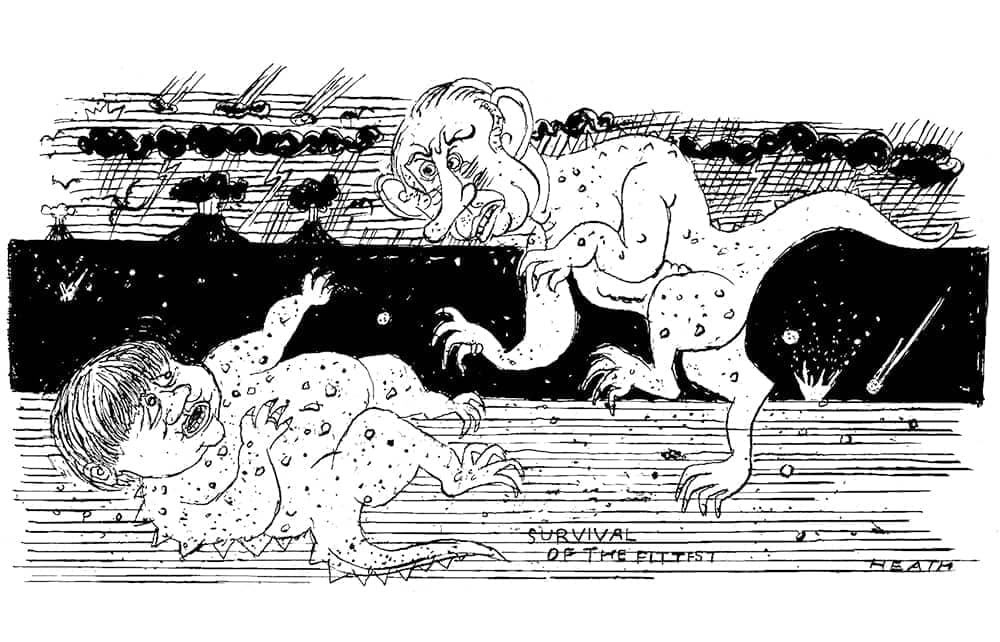




Comments